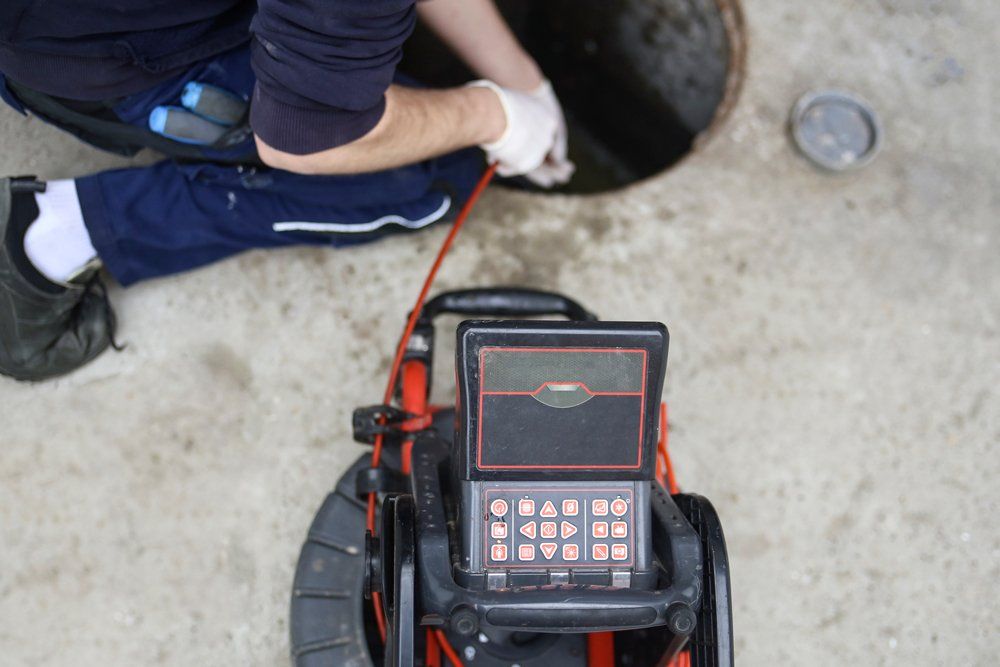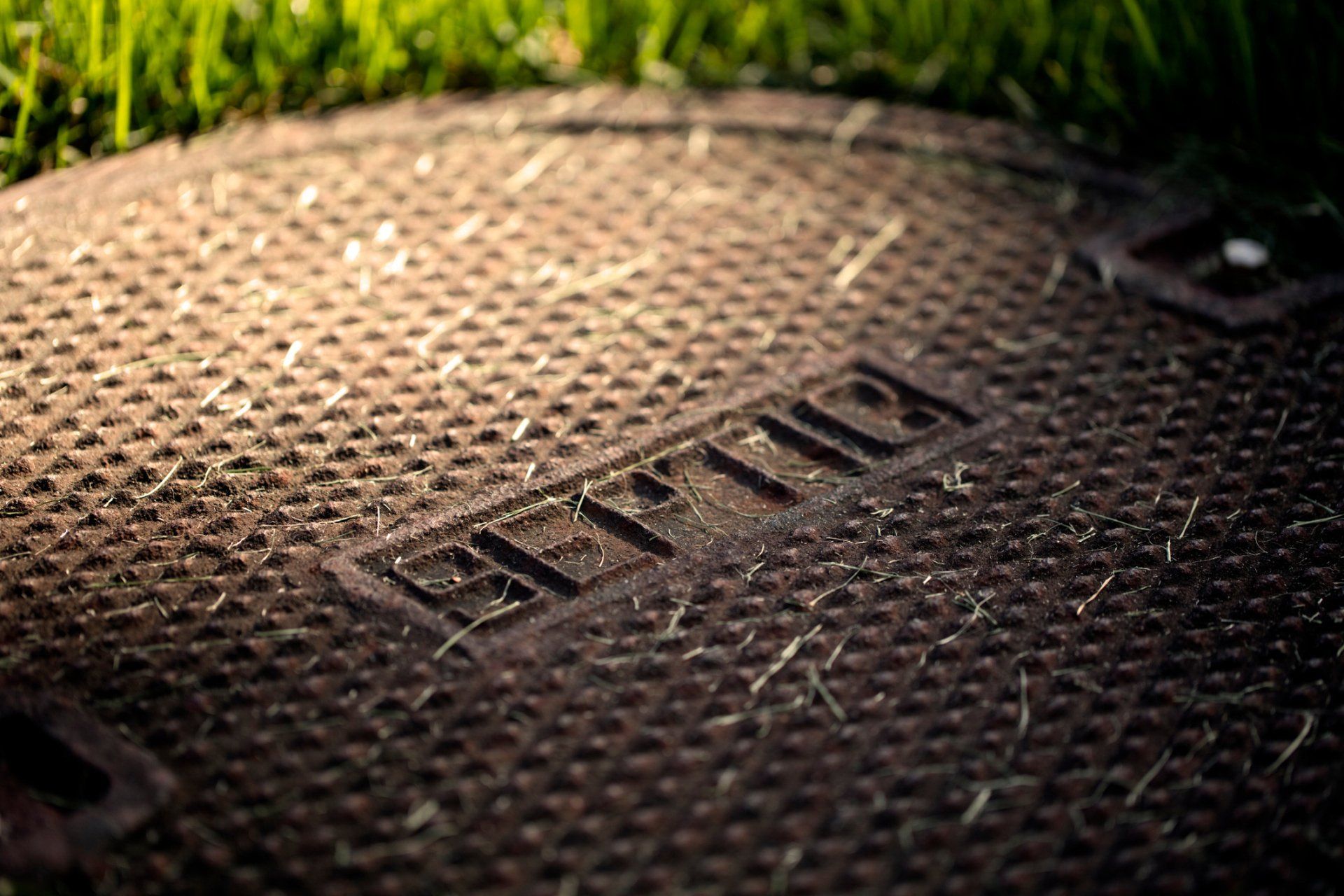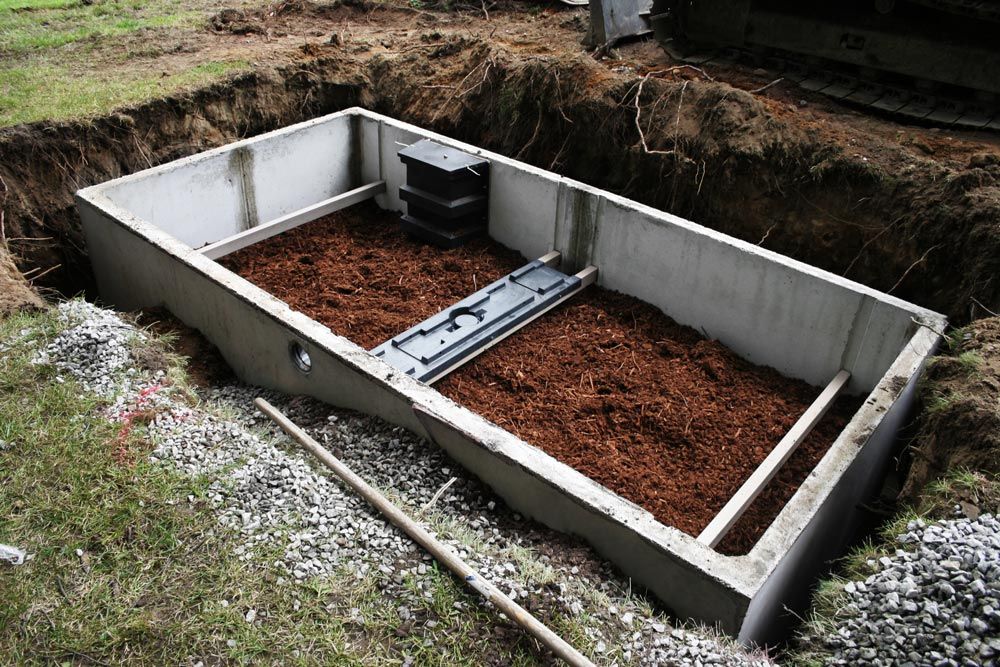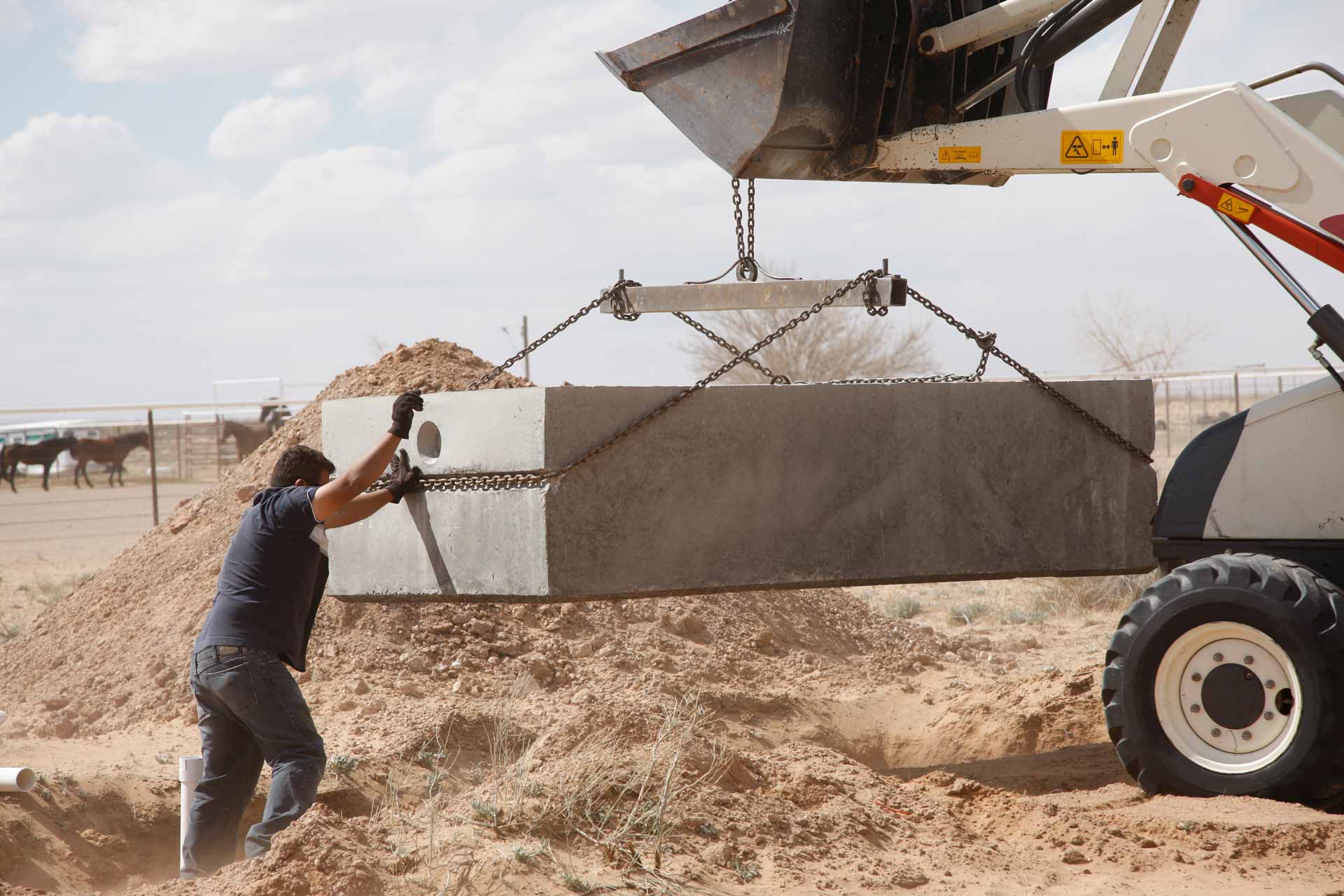4 FACTORS THAT AFFECT HOW MUCH YOUR SEPTIC SYSTEM CAN HANDLE
Admin • August 21, 2017
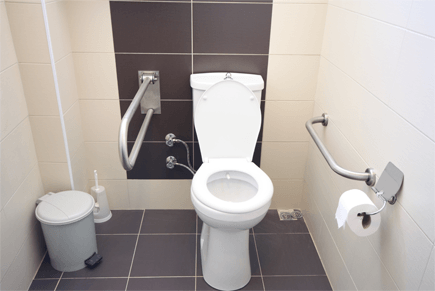
Septic systems are hardworking wastewater treatment systems that allow homeowners with private wells to treat wastewater independent of a city sewer system. If you live out in the country where you can't get a sewer hookup anyway, septic may be virtually your only practical choice for wastewater treatment.
If you're going to be living with the system for a while, it's a good idea to learn what makes it tick and how you can keep it happy and healthy. One common mistake that septic system owners sometimes make is to overwhelm the system or clog it, perhaps by flushing solids down the toilet or through some misunderstanding of how much wastewater the system can actually handle.
You can generally avoid these problems by taking commonsense precautions such as not using the garbage disposal, being careful not to flush trash down the toilet and draining storm water runoff—for example, rainwater from your roof—away from the system.
But you'll also want to keep in mind that your septic system is dynamic and doesn't always have the exact same capacity and needs. Here are four factors that can affect what your system can handle.
1. Its original size
As soon as you move into a home with a septic system, or, ideally, even before you buy the home, you'll want to check the size of the tank and its leach field to make sure they’re large enough to care for the number of people in your household. If the previous owner added on to the house without updating the system, you'll want to know as soon as possible so you can take steps to avoid overwhelming the tank.
2. Its Condition and Health
Ideally, septic tanks should be pumped every two to three years. If yours hasn't been pumped for five or ten, not only could it be packed full of sludge, it could also have clogged drain lines, which would negatively affect its performance. In this situation, not only would draining be slower, but the processing of the wastewater might also be less effective.
Keeping your system in good health will maximize its ability to handle wastewater, whereas neglecting it will do the opposite. If your septic tank is in need of repairs or if you've been neglecting routine maintenance, your system may be unable to handle the amount of waste it was originally intended for.
3. Weather Conditions
You may not think about weather conditions in terms of what they'll do to your septic and plumbing, but the weather actually can have quite a profound effect.
For one thing, heavy rains can saturate the soil in your leach field. The system depends on the surrounding soil absorbing the wastewater and filtering it naturally. So if the soil is saturated, that means it will be difficult or impossible for the pipes to drain more water into it, and the whole system may slow down considerably. And flooding, of course, is even worse than heavy rains.
In addition, a septic system can become overwhelmed and start to back up if too much water is put into it, which means that if you drain your storm water runoff into the system, you could compound these problems—which is why draining your storm water runoff into your septic system is not recommended.
4. Soil Type
Because saturated soil inhibits septic function, well-drained areas often work the best, especially during rainy weather. So if your leach field is situated in a sandy area, this could make your septic system more efficient overall, as well as less likely to become bogged down or overwhelmed, than if it's in silty or clay soil that can easily become waterlogged.
As you can see, there are several factors—some of which you can alter and some of which you can't—which will affect how efficient your septic system is, how much wastewater it can handle and how well it drains at any given time. For more help with your septic system or to schedule an appointment for repairs or tank pumping, contact Pete's Outflow Technicianstoday at 831-475-0959.
If the septic system doesn't function properly, it could start to generate bad smells. Learn about common reasons why septic systems produce bad smells.
The roots of trees can penetrate your septic system and impede system performance. Learn a few steps to prevent tree and shrub roots from invading your tank.
Whether constructing a new home or replacing an old septic system, homeowners must decide on the type to install. See a few types of septic tanks.
Pumping your septic tank should be part of your home maintenance routine. How often you should pump your tank? Discover a few factors that determine that.
All septic system parts eventually fail. Read on to learn about some factors that determine how long your septic drain field will last.
Landlords should proactively maintain their septic tanks for health, safety, and compliance reasons. Discover essential maintenance tips.

